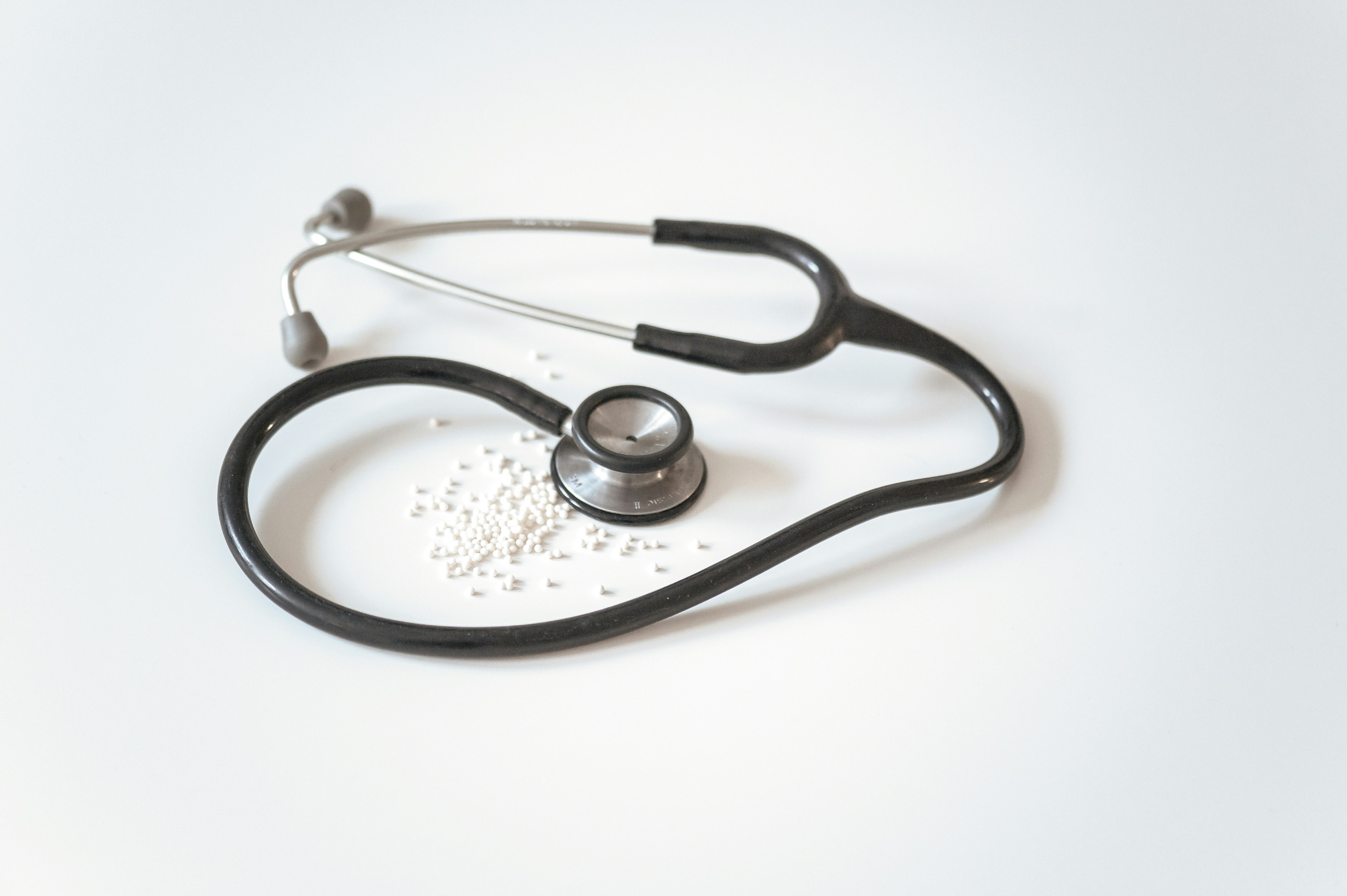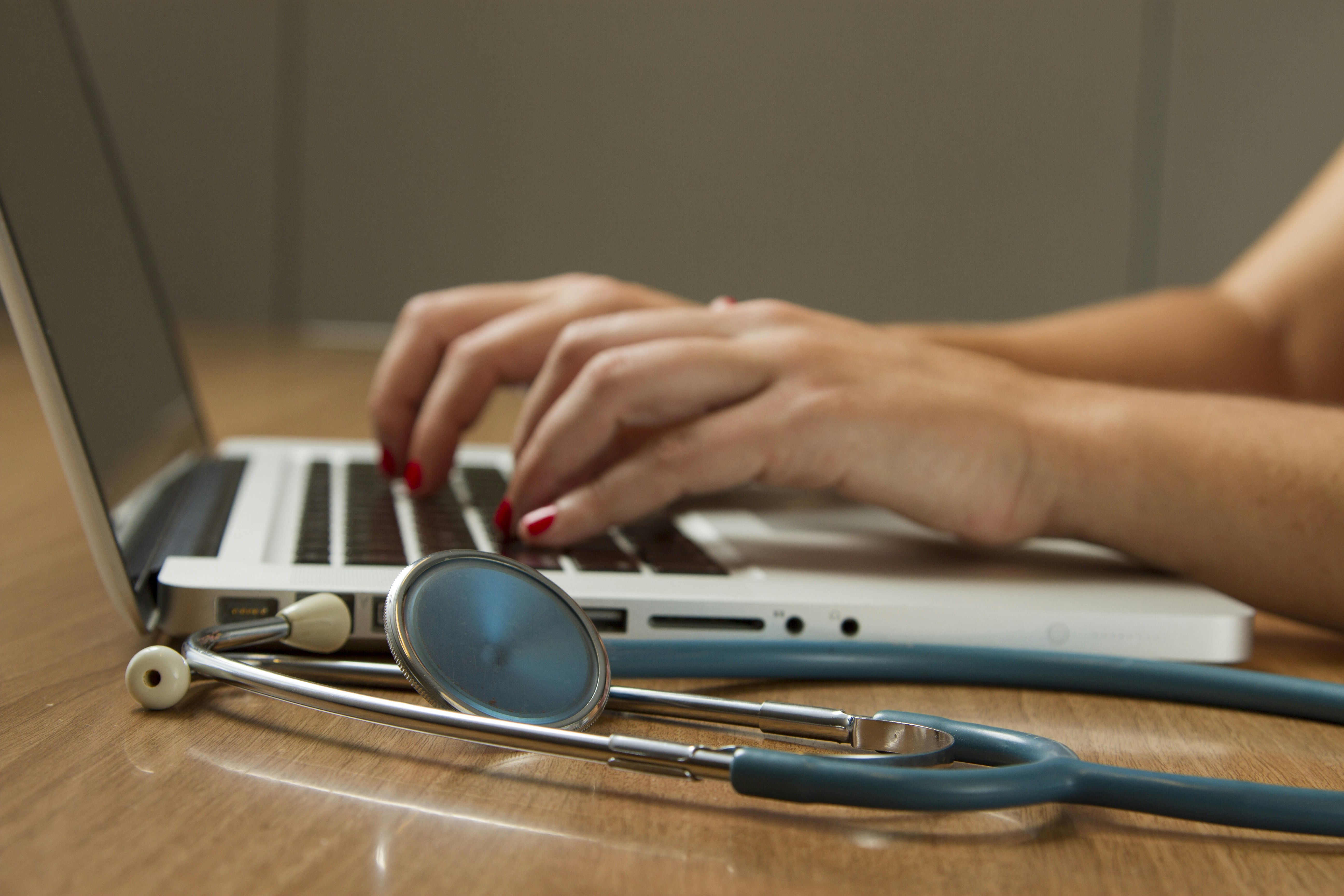Essential Tools and Gadgets Every Health Assistant Should Carry
Basic Clinical Tools

Having the right tools readily available is crucial for providing efficient and effective patient care. These basic clinical tools form the foundation of a health assistant's daily toolkit.
1. Diagnostic Equipment
- Quality Stethoscope: Essential for listening to heart, lung, and bowel sounds
- Blood Pressure Monitor: Digital or manual sphygmomanometer for accurate readings
- Pulse Oximeter: For measuring blood oxygen levels quickly and non-invasively
- Thermometer: Digital thermometer for accurate temperature readings
Personal Protection Equipment

2. Safety Essentials
- Disposable Gloves: Multiple pairs in appropriate sizes
- Face Masks: Surgical and N95 masks for different situations
- Protective Eyewear: Safety glasses or face shield
- Hand Sanitizer: Portable size for frequent use
3. Documentation Tools
- Digital Tablet or Notepad: For quick note-taking and record access
- Multicolor Pens: For organized documentation
- Small Flashlight: For patient assessment in low-light conditions
- Watch with Second Hand: For accurate vital sign measurements
Patient Care Accessories

4. Daily Care Items
- Scissors: Medical-grade for bandage cutting
- Tape Measure: For wound measurement and assessments
- Penlight: For pupil checks and examinations
- Alcohol Wipes: For equipment cleaning
5. Comfort and Support Items
- Small First Aid Kit: For minor emergencies
- Extra Patient Care Supplies: Gauze, bandages, tape
- Barrier Cream: For skin protection
- Hand Lotion: For frequent hand washing
Technology and Apps

6. Digital Resources
- Medical Reference Apps: Drug guides and clinical references
- Calculator Apps: For medical calculations and conversions
- Schedule Management Apps: For organizing shifts and tasks
- Communication Tools: Secure messaging apps for team communication
Maintenance Tips
To ensure your tools remain reliable and effective:
- Clean and sanitize equipment regularly
- Check battery-operated devices daily
- Replace disposable items before they run out
- Keep backup supplies for critical tools